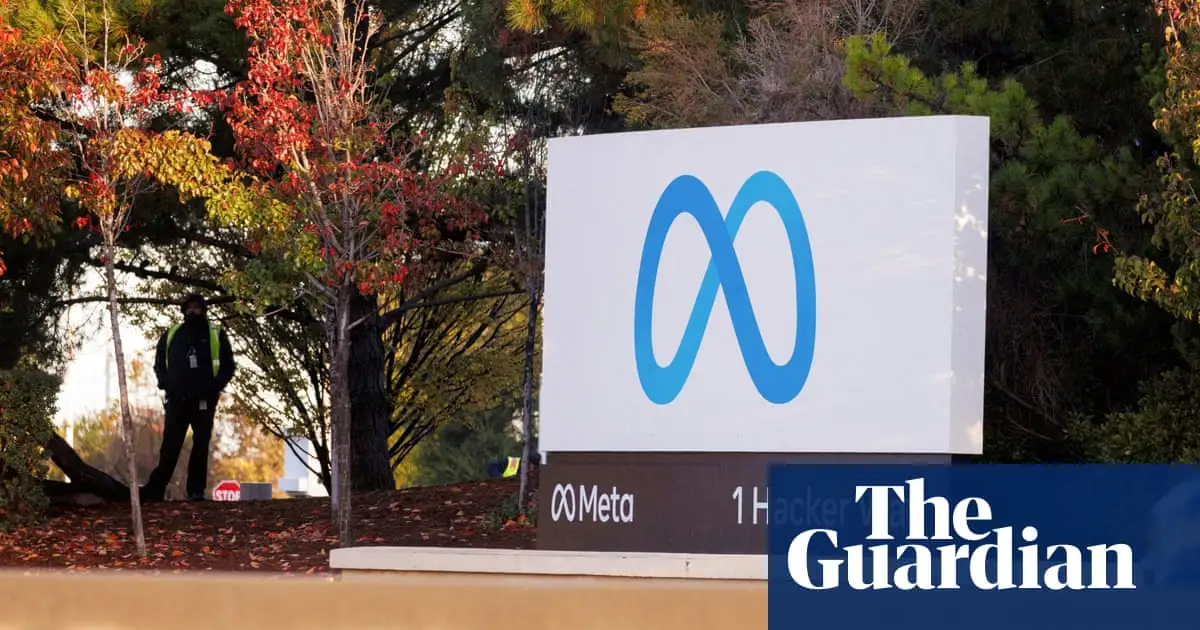European Commission objects to ‘pay or consent’ model for users of Facebook and Instagram
Is the EU asking for a version of Facebook that is free, has non-personalized ads, and doesn’t collect user data? That seems like it would be a major blow not only to Facebook’s business model but to the whole concept of high-budget ad-supported internet services.
sounds like a good plan
I’ve heard that even non personalized ads are still quite profitable. I mean, they manage to keep DuckDuckGo afloat
Speaking of which, is this legal?

I think this banner has been dubbed ‘Pay or OK’
I’ve never read an answer from an attorney specializing in GDPR, but I’ve been seeing this for years. It’s very popular in Germany and seems to have spread to the rest of the EU.
I assume it’s catching on more recently because I’ve started to see people asking about it online more frequently.
In my layman’s understanding, it’s compliant with the law because they still provide a way to opt out of cookies and no one is entitled to read their articles for free.
So the choice is pay or allow tracking.
Tbh, you can easily just open the link in an incognito window, or if you’re paranoid, an incognito/private window of a browser you never use. Then once you close the window, their cookies get wiped anyway.
You pay with your privacy, which I believe isn’t permitted (Don’t quote me, I don’t know anything). It’s basically the same thing Meta is doing. If you could see the ads without the additional tracking (ie. generalized ads) that would be fine.
In Spain it was explicitly ruled to be legal. Ughhhhhhhhhh
Wait, surely if the ruling in the article was made at a central EU court, and it pertains to an EU law, then it would supersede the Spanish ruling?
Edit:
The commission must finish its investigation by the end of March next year and Meta faces a fine of up to 10% of global turnover – equivalent to $13.5bn (£10.5bn) – if it is deemed to have breached the act.
Probably?
Ughhhhhh





